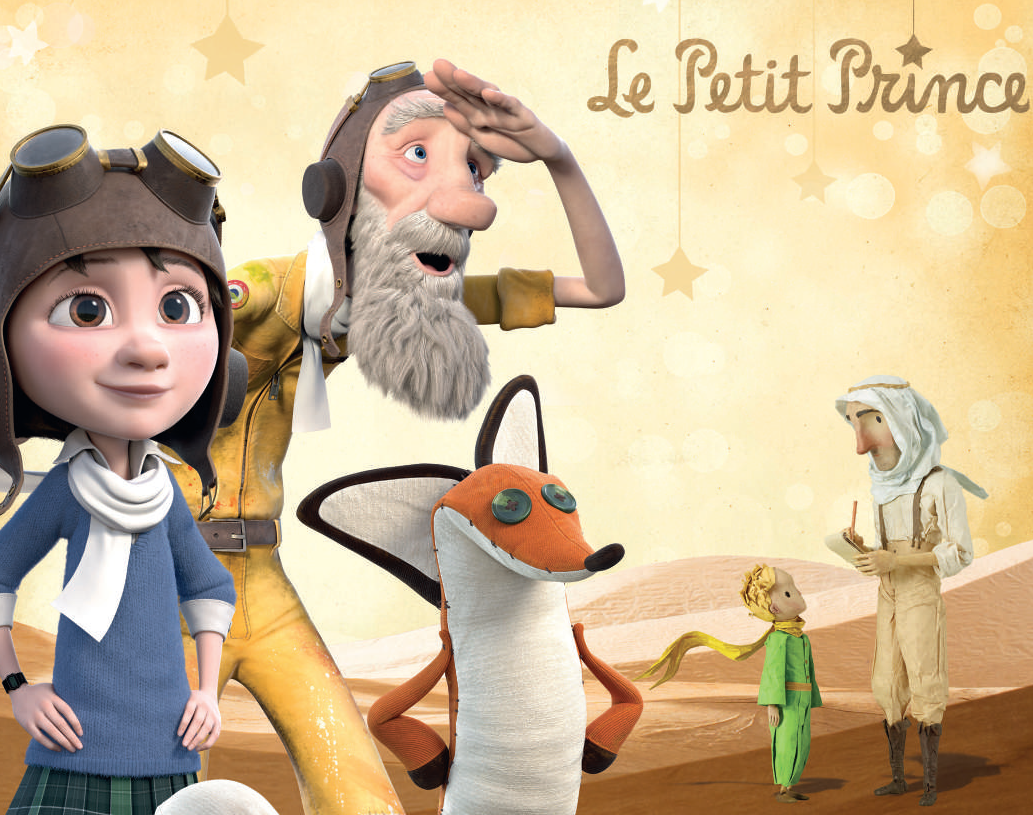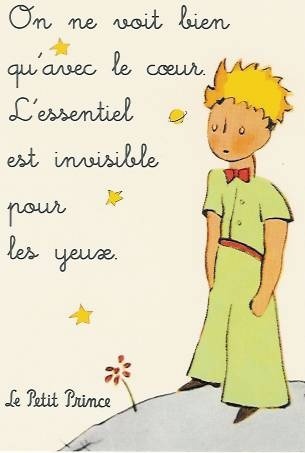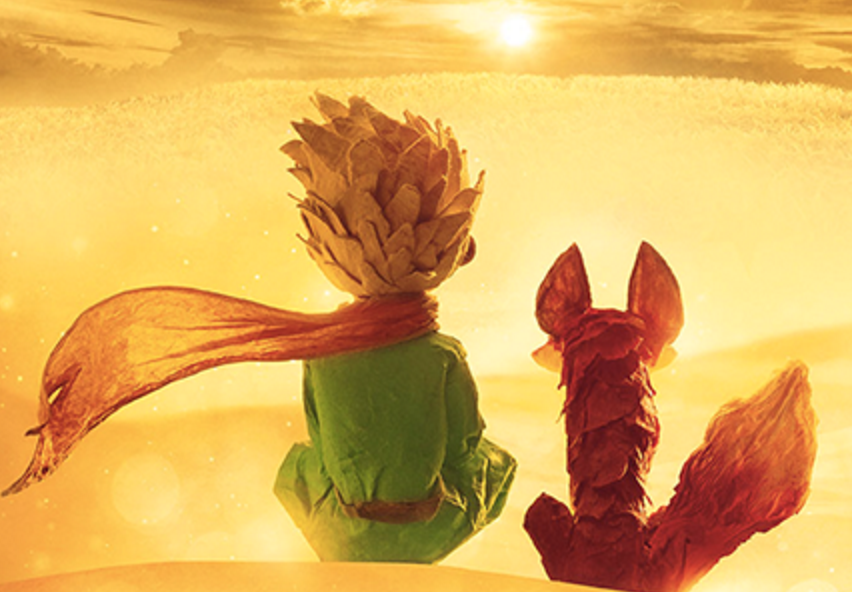 In terms of its impact on cinema, The Little Prince may well have been named The Little Engine That Could. From “The Aviator” to “The Lego Movie” and “The English Patient,” this children’s book about the interplanetary travels of a solitary boy on a solitary asteroid has been influencing films since its release in 1943 – the year before its author, Antoine de Saint-Exupéry, disappeared in a fighter plane. Inspired by his crash in the Sahara Desert during an international flight race, the story was always tinged with melancholy about the collateral damage of growing up.
In terms of its impact on cinema, The Little Prince may well have been named The Little Engine That Could. From “The Aviator” to “The Lego Movie” and “The English Patient,” this children’s book about the interplanetary travels of a solitary boy on a solitary asteroid has been influencing films since its release in 1943 – the year before its author, Antoine de Saint-Exupéry, disappeared in a fighter plane. Inspired by his crash in the Sahara Desert during an international flight race, the story was always tinged with melancholy about the collateral damage of growing up.
But the writer and aviator may not have anticipated how this collateral damage could extend to the adaptation of his book, which has been butchered in such far-ranging forms as an anime series and a 1974 Hollywood musical. (To be fair, that latter project is at least a fascinating disaster, listing no less than Bob Fosse in its credits.) While a new, computer stop-motion animation adaptation by Mark Osborne (“Kung Fu Panda”) is actually good, even its trajectory has been fraught. Premiering at the 2015 Cannes Festival, it was delayed for U.S. release and dropped by a distributor before finally landing in the happy home of Netflix Studios, which is releasing it on a streaming platform as well as in theaters this month. Something about the purity of this story – of the prince’s clear little voice and features – has seemed to confound Hollywood, which, though itself founded on no shortage of childlike imagination, has a hard time embracing simplicity, let alone sidestepping bombast. But Osbourne and his team have devised a take that’s quite ingenious. Rather than attempting a direct translation to screen, they’ve  captured the book’s spirit by threading elements of it into a modern-day tale about the dangers of sacrificing wonder to technology and commerce.
captured the book’s spirit by threading elements of it into a modern-day tale about the dangers of sacrificing wonder to technology and commerce.
Mackenzie Foy voices the otherwise-unnamed Little Girl, whose single mom (voiced by Rachel McAdams) moves them to a generic suburb so that she may be redistricted to a highly competitive school intent on molding its young charges into adults who just happen to be the size of children. In preparation for the upcoming school year, the Little Girl’s summer is overbooked with such rollicking activities as algebra, geography, and – what ho! – German calisthenics. Since her lawyer mother is similarly overworked, the earnest child is expected to maintain the rigorous schedule herself, and she absolutely would except she becomes intrigued by the elderly aviator in the claptrap Victorian next door who flies his plane through their house–presumably by mistake.
Here is where the more traditional elements of The Little Prince are introduced. This aviator (voiced by Jeff Bridges at his most avuncular) tells the lonely Little Girl of his adventures with the Little Prince, whom he met when stranded in the Sahara Desert as a younger man. We meet the title character after he’s fled the demanding, beautiful Rose (Marion Cotillard), and such fellow travelers as a Conceited Man (Ricky Gervais); a King (Bud Cort) ruling an empty realm; a Businessman (Albert Brooks); a Snake (Benicio Del Toro); and a wild Fox (James Franco) who yearns to be tamed. (Oh, Franco.) Handcrafted images based on Antoine de Saint-Exupéry’s sweetly amateurish watercolors replace the slicker computer animation, enthralling the creatively deprived chil, who hijacks the aviator’s plane to rescue the now-grown boy from a metropolis planet where he toils as a spineless, amnesiac drone.
 The loneliness of adulthood and the loss of the beautiful idealism of children are not uncommon themes in kids’ (and, for that matter, adult) literature, but Osbourne infuses them with new relevance and wonderful references. Detailed and droll, many sequences recall Jacques Tati’s classic “Playtime,” and the contrast of the Little Girl’s cookie-cutter regimen with the Aviator’s ramshackle fun is a gentle rebuke on today’s helicopter parenting – and industrialization in general, come to think of it. “Gentle” is the operative term, though. Lyrical and lilting, with an appropriately (and uncharacteristically) muted Hans Zimmer score, this “Little Prince” commits none of the crimes it associates with becoming an adult. It is, to use its own parlance, “a good grownup.”
The loneliness of adulthood and the loss of the beautiful idealism of children are not uncommon themes in kids’ (and, for that matter, adult) literature, but Osbourne infuses them with new relevance and wonderful references. Detailed and droll, many sequences recall Jacques Tati’s classic “Playtime,” and the contrast of the Little Girl’s cookie-cutter regimen with the Aviator’s ramshackle fun is a gentle rebuke on today’s helicopter parenting – and industrialization in general, come to think of it. “Gentle” is the operative term, though. Lyrical and lilting, with an appropriately (and uncharacteristically) muted Hans Zimmer score, this “Little Prince” commits none of the crimes it associates with becoming an adult. It is, to use its own parlance, “a good grownup.”
This originally appeared on Signature.
